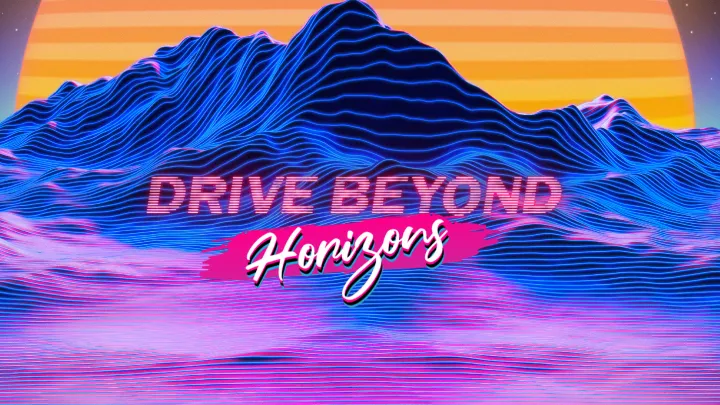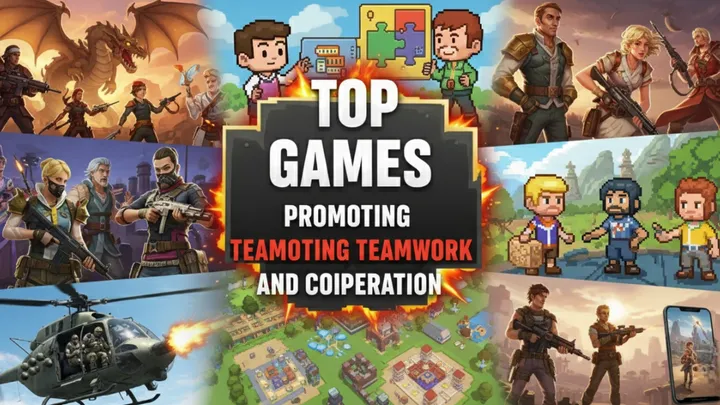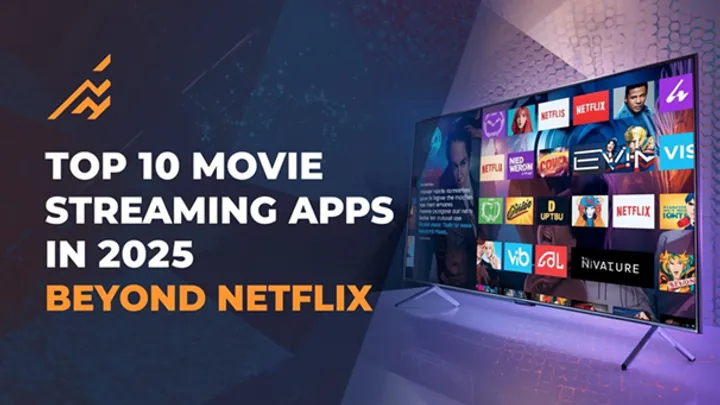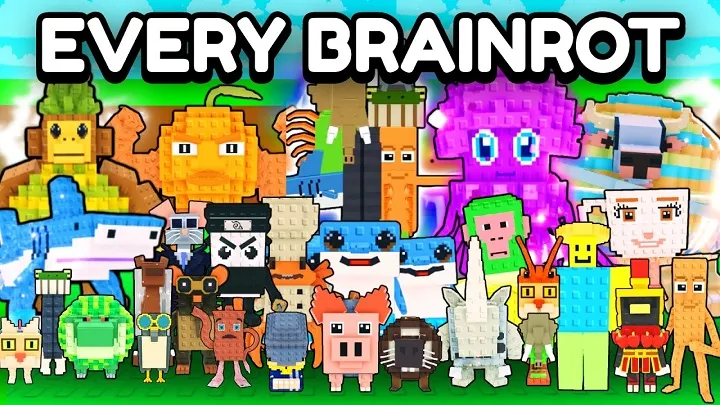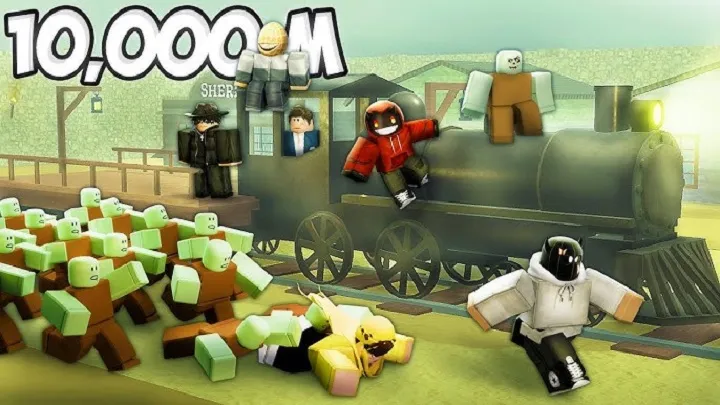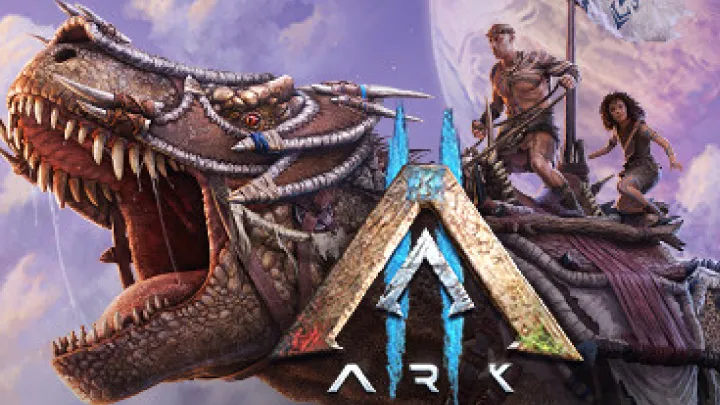Introduction
In today’s gaming world, some of the most memorable experiences come not from going solo, but from working together as a team. Cooperative games challenge players to communicate, strategize, and rely on one another to achieve success. Whether you’re coordinating in high-pressure combat, solving puzzles side by side, or managing chaos in a virtual kitchen, teamwork transforms gameplay into something truly unforgettable. Let’s explore the top games promoting teamwork and cooperation that bring players closer than ever.
Overcooked! 2 – Chaotic Kitchen Fun
Few games highlight cooperation like Overcooked! 2. In this fast-paced cooking simulator, you and your teammates must prepare and serve meals in kitchens full of obstacles—think conveyor belts, moving platforms, and even kitchens on hot-air balloons. Communication is key as players chop, cook, and serve dishes before the clock runs out.
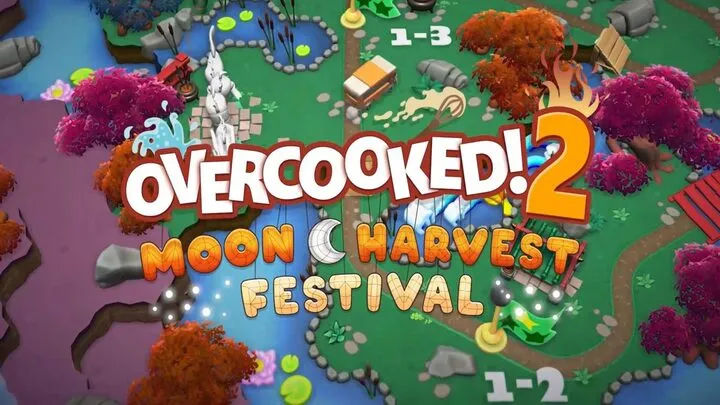
Why it’s great for teamwork:
- Builds strong coordination under pressure.
- Encourages quick role assignment.
- Delivers hilarious and chaotic fun for friends and families.
Among Us – Trust and Collaboration
Among Us took the gaming world by storm with its blend of teamwork and deception. Players work together to keep their spaceship running while trying to identify the hidden impostors. Although not a traditional co-op game, it’s one of the best titles for promoting trust, deduction, and group problem-solving.
Why it’s great for teamwork:
- Requires communication and trust.
- Encourages critical thinking as a group.
- Creates memorable social experiences.
Phasmophobia – Teamwork in the Paranormal
For horror fans, Phasmophobia offers an unforgettable cooperative experience. Players act as ghost hunters using different tools to identify supernatural entities. Each role—from carrying EMF readers to documenting evidence—demands collaboration, and surviving haunted houses requires clear communication and shared responsibility.
Why it’s great for teamwork:
- Divides roles for effective ghost hunting.
- Requires calm coordination under scary pressure.
- Strengthens reliance on teammates in intense moments.
Left 4 Dead 2 – Survival Through Cooperation
A legendary co-op shooter, Left 4 Dead 2 places four players in a zombie apocalypse. Success depends on sticking together, sharing resources, and protecting one another. Lone wolves rarely survive, making teamwork not just helpful, but essential.
Why it’s great for teamwork:
- Forces players to watch each other’s backs.
- Rewards strategic planning and cooperation.
- Classic example of survival depending on unity.
Minecraft – Building Worlds Together
While Minecraft can be played solo, it truly shines when enjoyed with friends. Whether building massive cities, surviving hostile mobs, or creating complex Redstone machines, collaboration amplifies creativity and efficiency.
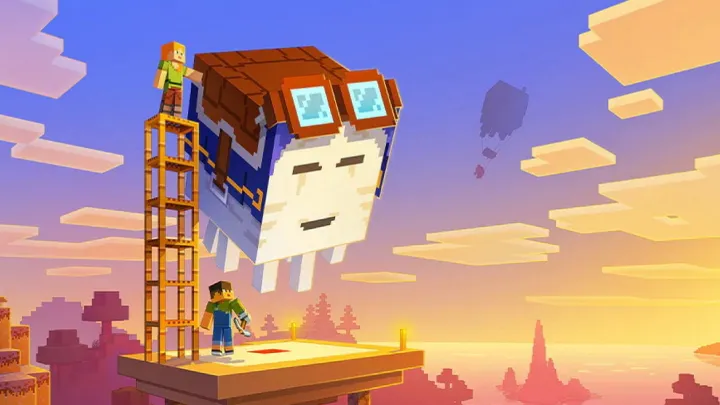
Why it’s great for teamwork:
- Encourages collective creativity.
- Flexible roles for different player strengths.
- Builds long-term projects that foster cooperation.
Rainbow Six Siege – Tactical Coordination
For fans of tactical shooters, Rainbow Six Siege is the ultimate teamwork challenge. Players must communicate, plan strategies, and execute missions with precision. Success comes not from reflexes alone, but from trusting teammates and coordinating tactics.
Why it’s great for teamwork:
- Heavy reliance on strategy and planning.
- Diverse operator roles that complement each other.
- Clear demonstration of teamwork in every match.
Conclusion
From chaotic kitchens to zombie apocalypses, cooperative gameplay proves that success is best achieved together. These games highlight the importance of communication, trust, and shared goals. Whether you’re laughing through the madness of Overcooked! 2 or surviving the horrors of Phasmophobia, teamwork transforms the way we experience games. So, gather your friends, assign your roles, and jump into these unforgettable co-op adventures—you’ll quickly discover that the best victories are shared.






